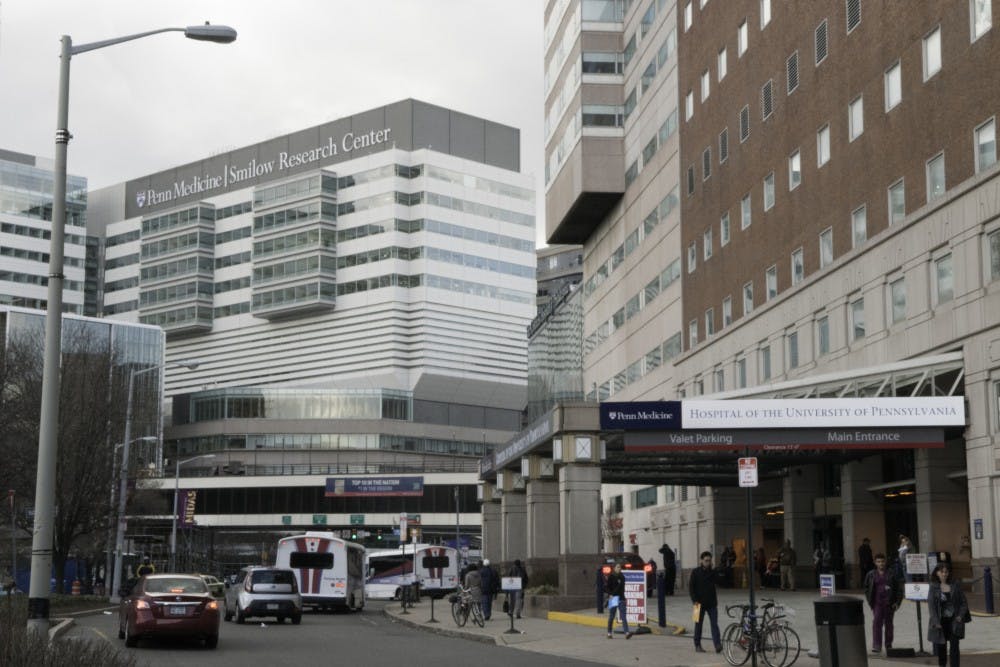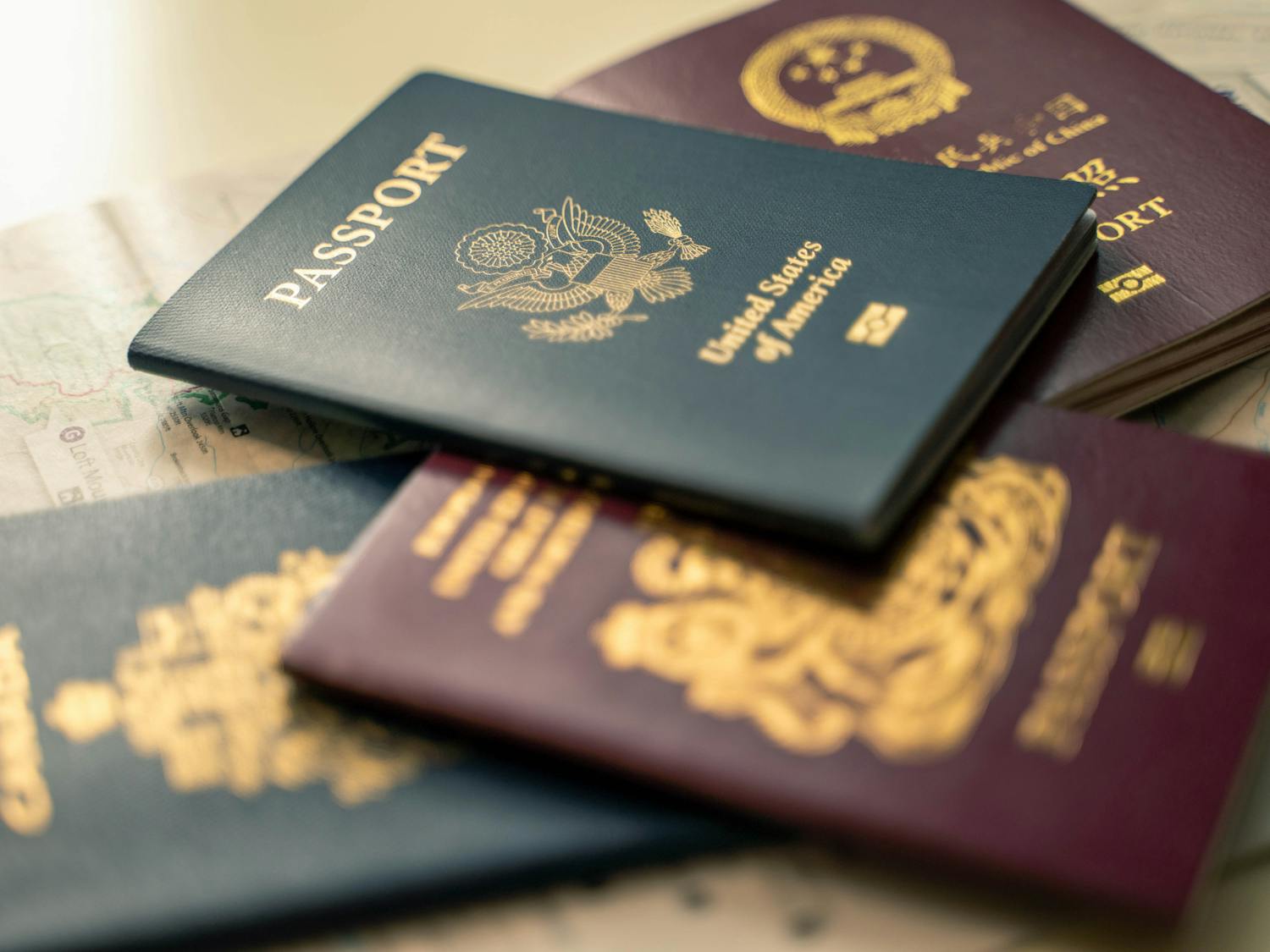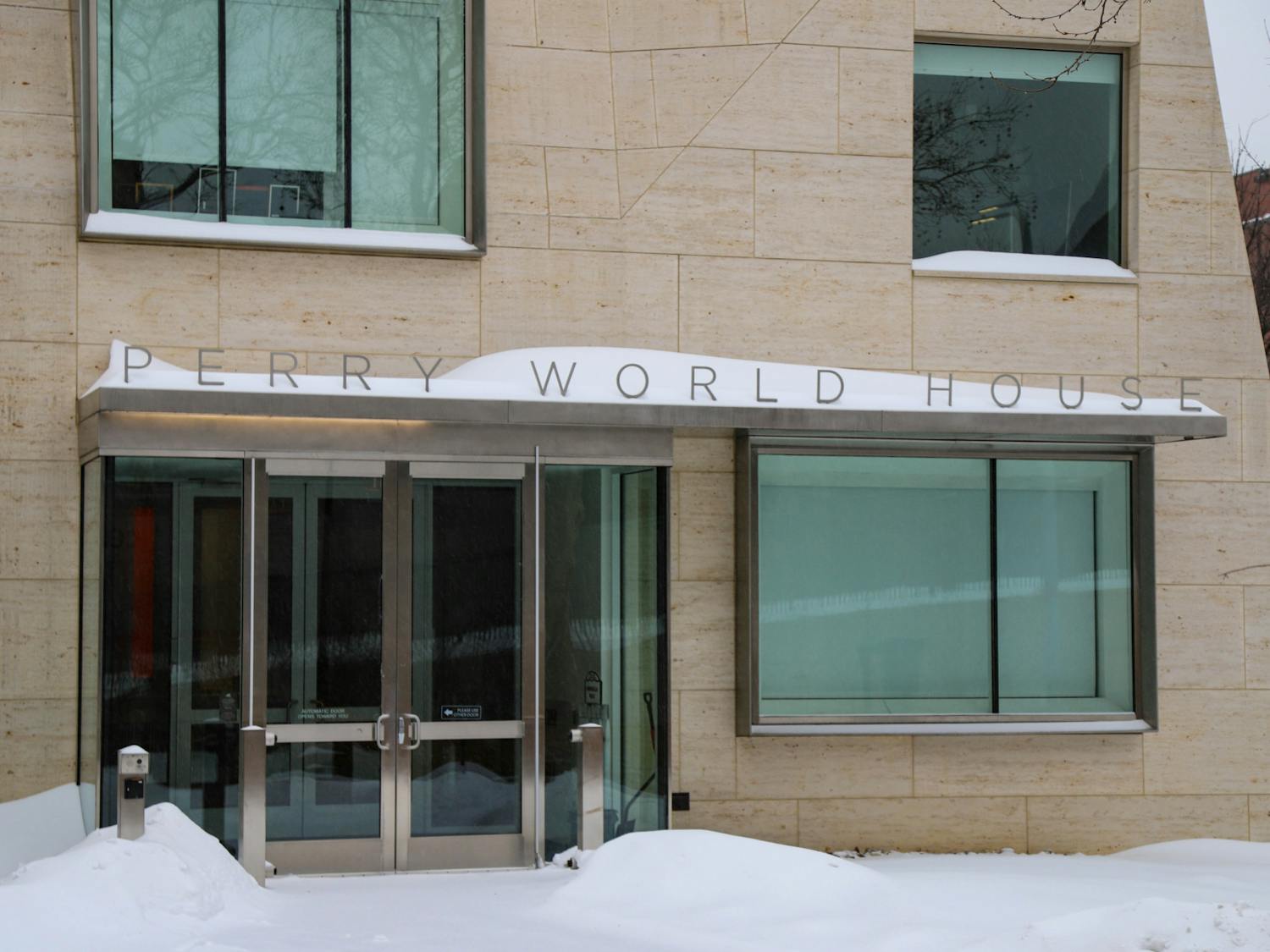There is a new demand for physicians to save lives — outside of the emergency room.
2015 Perelman School of Medicine graduate Jenna Peart, fourth-year medical student Elisabeth Tracey and assistant professor Jules Lipoff recently published a letter to the editor in the journal JAMA Internal Medicine encouraging physicians to perform forensic medical evaluations for asylum seekers — those who seek asylum once they are already in the United States.
Lipoff and Peart coauthored the letter because they see a lack of awareness in the medical community about this opportunity to defend human rights.
“Physicians really aren’t aware of the role they can play in human rights crises in general,” Peart said.
“Doctors may not even consider that they may play such an important role in helping secure peoples’ status, especially since doctors traditionally only think about saving lives through medicine,” Lipoff said.
Physicians who perform these evaluations have a considerable impact on the lives of victims. Asylum seekers’ chances of approval double with medical documentation of torture or other trauma, according to a study cited in the letter. Asylum seekers with medical affidavits and legal counsel were found to have success rates of 79 percent to 89 percent compared to a national average of 37.5 percent.
Refugees and asylum seekers are distinct in that asylum seekers request protection once they are already in the United States, whereas refugees apply from abroad. Like refugees, those who are granted asylum have suffered persecution or fear that they will suffer persecution due to factors such as race, membership in a particular social group, religion, ethnicity or political opinion.
Asylum seekers whose requests are denied can be forcibly deported, said Judy Eidelson, a clinical psychologist and adjunct fellow at the Penn Center for Public Health Initiatives who has interviewed asylum seekers from more than 60 countries. Medical documentation of trauma is critical to the success of asylum cases because the United Nations’ Convention against Torture blocks countries from deporting people to countries where they will be tortured or persecuted.
Without medical affidavits, trauma victims may not be able to prove a credible fear of persecution. The psychological effects of trauma can actually make victims appear less credible in immigration proceedings.
“They are either inconsistent in the way they describe what happened to them, or their emotional expression seems odd or unexpected, ” Eidelson said. She added that trauma victims may not have physical scars of abuse or may only have nonspecific scars. These cases can be even more challenging.
“Ideally a person would have great evidence to support their claim, but usually the government forces who are persecuting a particular minority or social group don’t do so publicly,” Eidelson said.
The number of people who are seeking asylum has soared in recent years, and more physicians are needed to meet this demand. Physicians can be trained to perform forensic evaluations and prepare medical affidavits for these cases so that they can volunteer on a part-time basis. The School of Medicine’s Penn Human Rights Clinic, cofounded by Peart in 2012, is one organization that provides such training.









